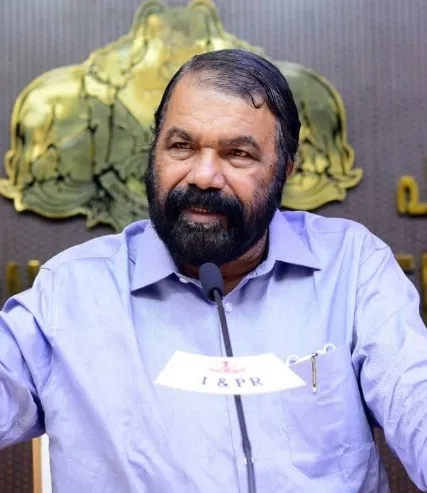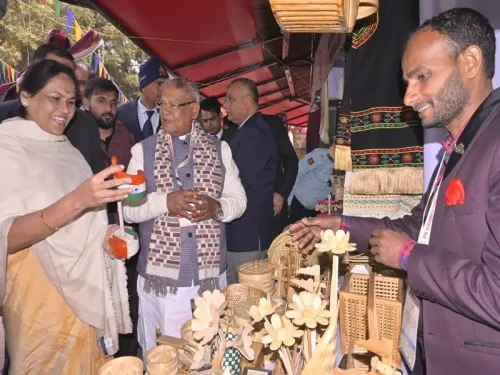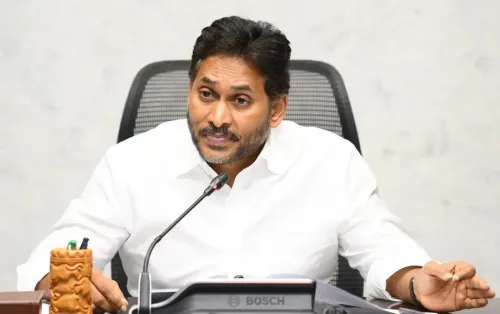Is Kerala Ready to Remove 'Back Benches' in Classrooms?

Synopsis
Key Takeaways
- Kerala’s Education Minister V. Sivankutty proposes eliminating the backbencher concept.
- A committee of experts will be formed to explore suitable models.
- The initiative aims for equal opportunities for all students.
- Feedback from stakeholders will be crucial in decision-making.
- Shifting vacation schedules is also under consideration.
Thiruvananthapuram, Aug 5 (NationPress) Kerala’s Education Minister V. Sivankutty is taking proactive measures to form a committee of specialists aimed at discovering the most effective educational model for the state, which may involve removing the idea of ‘backbenchers’ from classrooms.
In a post on his social media, Sivankutty expressed, “I want to eradicate the concept of ‘backbenchers’ from our educational institutions. This notion can adversely impact a student’s confidence and learning experience.”
The minister, known for his dynamic leadership during student movements, emphasized that “no child should lag behind academically or in life. Our mission is to provide equal opportunities for every student, and we are actively exploring ways to achieve this.”
Sivankutty pointed out that several nations have successfully implemented different strategies to eliminate the backbencher concept.
To facilitate this, the state administration plans to appoint a panel of experts to investigate and propose the most suitable educational framework for Kerala.
“We will proceed based on the committee’s suggestions. We are counting on your complete support to pave the way for a brighter future for our children,” he remarked.
This initiative follows Sivankutty’s recent discussion on potentially altering Kerala’s traditional summer vacation from April-May to either June-July or May-June.
He noted that frequent interruptions during the monsoon months can lead to school closures or conversions into relief centers due to heavy rainfall, causing a considerable reduction in teaching days.
Additionally, the current summer break coincides with severe heat in April and May, which adversely affects students’ health and comfort.
Sivankutty assured that any decision regarding vacation changes would be made after extensive consultations with stakeholders, including public opinions, expert insights, and departmental assessments.
The proposal to shift vacation schedules has elicited mixed reactions, with some supporters and others expressing concerns.
Sivankutty, known for his forthright public statements, often becomes a focal point in social media discussions.
The 70-year-old minister, originally from the state capital, regained his position in the 2021 Assembly elections after losing to senior BJP figure O. Rajagopal in 2016.
In 2021, he triumphed over another veteran BJP leader, Kummanam Rajasekharan.
sg/vd










